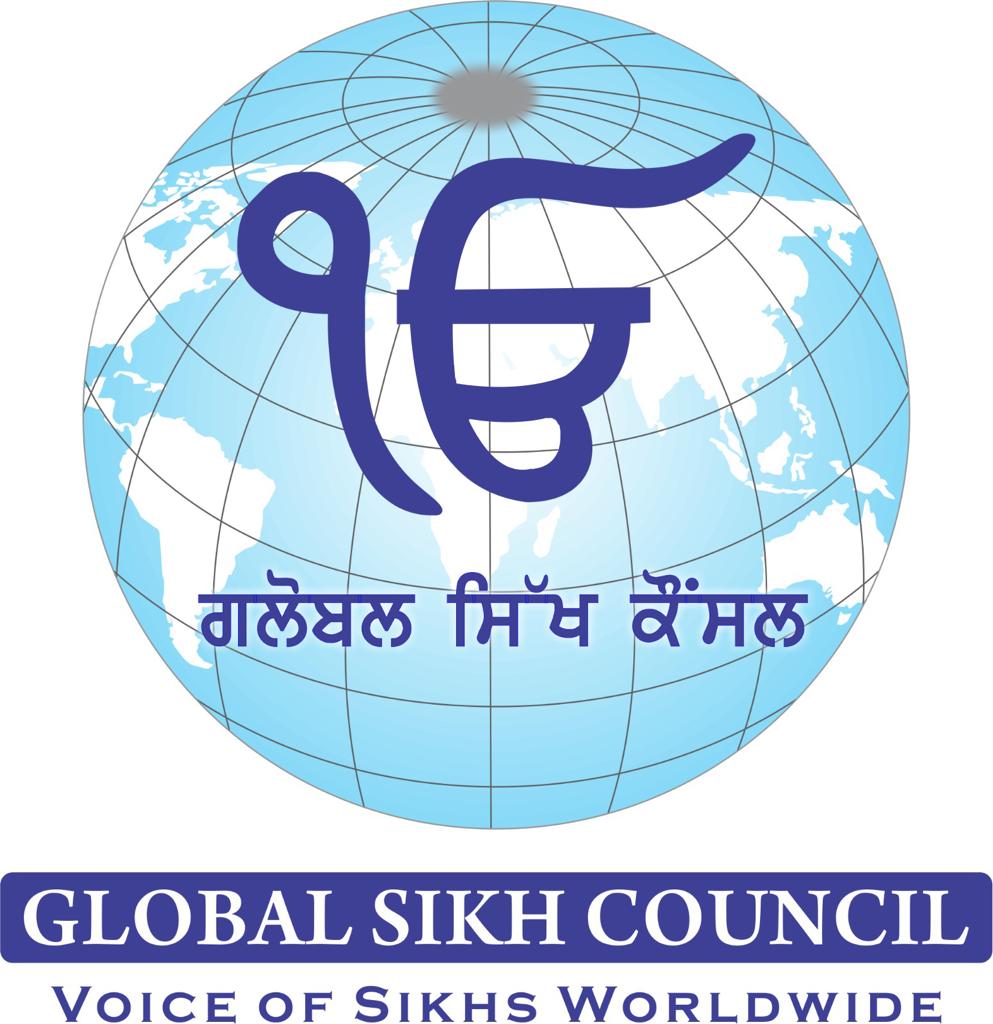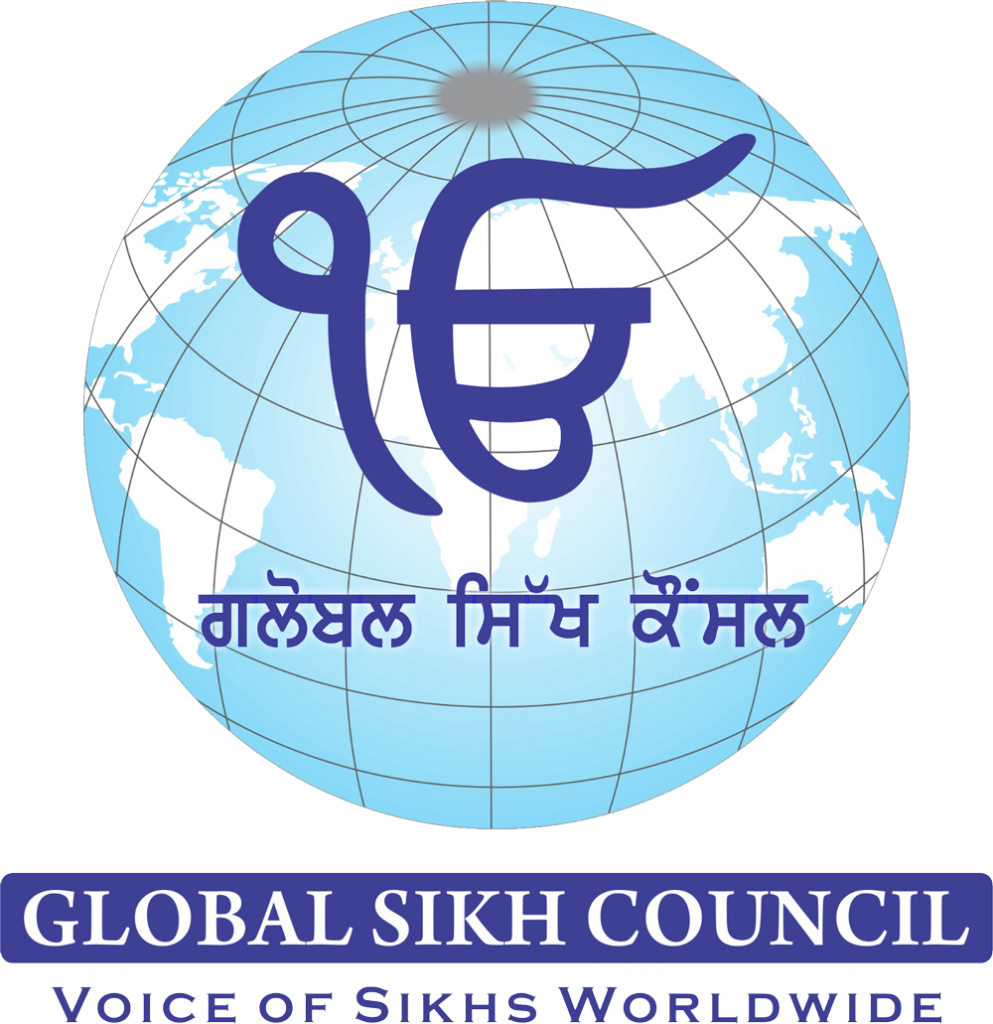It was 12 October 1920 when some enlightened Sikhs, Khalsa College teachers, and students supported a group of so-called untouchable Dalits seeking unrestricted entry into the Durbar Sahib Amritsar to offer ‘Prashad’ there. Dalits gathered under the banner of ‘Khalsa Biradari’ forced their way into the Sikh shrine which triggered historical changes in Sikh religious practices and politics. The then Hindu-ised Mahants controlling Durbar Sahib premises with the British rulers’ backing fled the scene and could not resist the entry of the spirited Sikhs and Dalits whose offensive was based on Sikh principles that opposed social hierarchy and discrimination and attempts to establish egalitarian Sikh society. That event paved way for the ‘Gurdwara Reforms movement’ that liberated the religious places from the Mahants’ control along with the creation of the Shiromani Gurdwara Parbandhak Committee (SGPC) and Akali Dal. That path-breaking happening was grounded in the spirit of the late 19th century Singh Sabha movement which fought against the evil of caste making inroads into the Sikh society and strengthened the distinct identity of the Sikhs.
To keep the Singh Sabha spirit alive a group of Sikh thinkers on behalf of Kendri Sri Guru Sigh Sabha, Chandigarh initiated the centenary celebration at the beginning of this year on the slogan of ‘ Zero Tolerance for Caste’ among the Sikhs. We held seminars and interactions at various places in Punjab and also submitted memorandum to the Akal Takht Jathedar against the caste practice.
As we know that Gurus’ institutions like pangat, sangat, kirtan, sarovar and Khade bate da amrit are directed towards the establishment of social equality and Tenth Guru initiated the “Khalsa Order’’ of morally and spiritually enlightened people to be referred to as ‘saint-soldiers’.
With the gradual waning of the Khalsa spirit, later heads of misls lost egalitarianism (equality among Sikhs) in the second half of the 18th century and turned out to be dynastic rulers. That process culminated in the negation of ‘the Khalsa corporate rule’ (shared or the group rule) and catapulted Ranjit Singh as a king. The Ranjit Singh’s regime brought peace in the then troubled Punjab but heralded in the restoration of Brahmanic social order, religious mores, and caste system among the Sikhs at par with the Hindu society.
After Ranjit Singh’s exit, the British became instrumental in further degradation of the Sikh institutions and deepened the social divide.
Later. the legally constituted SGPC in 1925 also turned out too political to openly fighting against caste discriminations against Dalits. The religious body openly became subservient to the Akali politics more interested in winning the SGPC elections by hook and crook than doing away with the caste practice among Sikhs.
Several SGPC resolutions and ‘hukamnamas’ (edicts) from the Akal Takht against the practicing of caste proved out to be mere public consumption exercises. Discreet caste practice among Sikhs is continuing as such. The ruling political Sikh elite emerged from so-called upper caste Sikhs has been using the SGPC as an instrument for boosting and strengthening its grip over the Sikh voters. Most of Sikhs even thinkers other than Dalits are either apologetic or deny the presence of the caste among Sikhs. We reiterate that only the acceptance of the caste malady could help us in regenerating the true Khalsa spirit and emergence of selfless and honest leadership among the Sikhs.
In the present circumstances, a beleaguered tiny community of Sikhs needs to morally upright and spiritual strong while adhering to the Gurus’ message to face challenges posed by the majoritarian regime attuned fascist tendencies.
We appeal to the Akal Takht to issue fresh Hukanama to eliminate the caste practice and urge Sikh thinkers to work for caste-free Sikh society.
Signatories to the joint statement: Eminent Sikh scholar Bhai Ashok Singh Baghrian, Gurpreet Singh, President, Global Sikh Council, author Ajaypal Singh Brar, Bibi Paramjit Kaur Khalra, Senior Advocate Rajwinder Singh Bains, Editor Des Punjab Gurbachan Singh, Senior journalists Jaspal Singh Sidhu, Karamjit Singh and Sukhdev Singh Sidhu.







